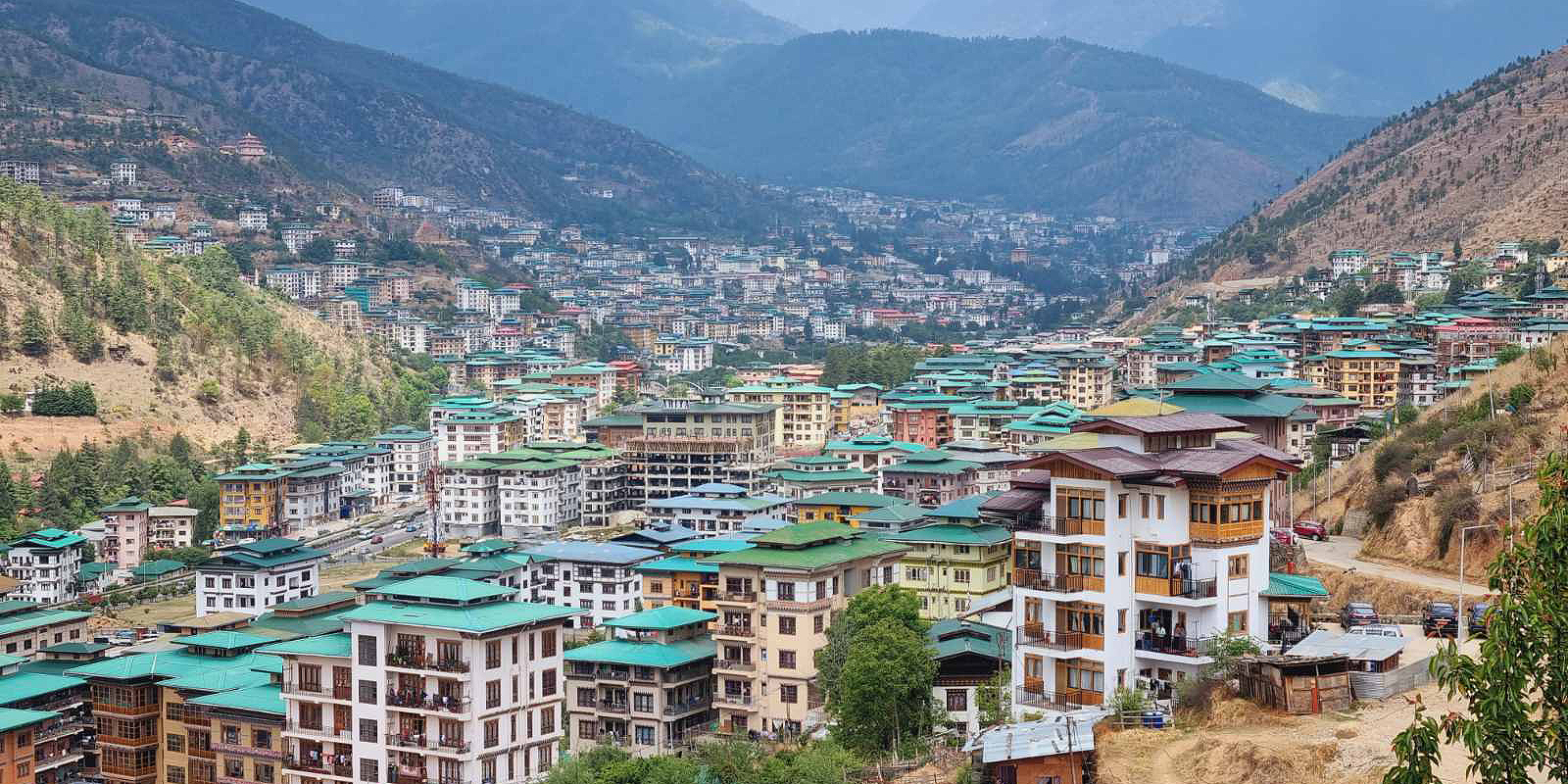
The document titled “Towards Housing Affordability: Unpacking the Influence of Supply-Side Constraints on Affordable Housing Delivery by Private Developers in Thimphu” explores the challenges faced by private developers in Thimphu, Bhutan, regarding the delivery of affordable housing. It highlights how various supply-side constraints impact the ability to provide adequate housing for low- and middle-income residents amid rising urbanization and housing demand.
Context of Housing Affordability in Thimphu
Thimphu has experienced significant population growth due to migration, leading to an acute shortage of affordable housing. Many residents, particularly those from lower-income brackets, face exorbitant housing costs, often spending more than 30% of their income on rent or mortgage repayments. The report identifies high construction costs, elevated land values, and expensive housing finance as primary factors contributing to this affordability crisis.
Further reading:
[DOC] Affordable Housing – World Bank Documents and Reports documents1.worldbank
About affordable housing | Kuensel Online kuenselonline
Role of Private Developers
Private developers play a crucial role in the housing market, supplying approximately 75% of Thimphu’s housing stock. The study emphasizes that understanding the constraints faced by these developers is essential for improving affordable housing delivery. The research employs qualitative methods, including semi-structured interviews with eight private developers and two officials from the Ministry of Works and Human Settlements and Thimphu Thromde, to gather insights into their experiences and perceptions.
Supply-Side Constraints
The analysis reveals several supply-side constraints that hinder affordable housing delivery:
- Land Acquisition Challenges: Developers face difficulties in acquiring land due to high costs and complex regulatory frameworks. Land use and zoning regulations often complicate the development process, making it challenging to secure suitable sites for affordable housing projects.
- Building Codes and Regulations: Stringent building codes can increase construction costs and extend project timelines. Developers expressed concerns that these regulations may not always align with the realities of delivering affordable housing.
- Construction Practices: The cultural practices surrounding construction and the educational background of developers influence housing costs. Many developers lack access to modern construction techniques that could reduce expenses.
- Data Limitations: The lack of comprehensive data on housing needs and trends in Thimphu makes it difficult for developers to plan effectively. This information gap hampers efforts to address the specific needs of different income groups.
Recommendations for Improvement
The document suggests several strategies to enhance affordable housing delivery in Thimphu:
- Formalization of Private Developers: Establishing a formal framework for private developers can help streamline processes and improve collaboration with government agencies.
- Housing Data System: Initiating a comprehensive housing data system would provide valuable insights into market demands, enabling better planning and policy formulation.
- Reviewing Regulations: Revisiting land use policies and building codes could help reduce barriers to development while ensuring safety and sustainability.
- Capacity Building: Providing training and resources for developers on modern construction practices could enhance efficiency and reduce costs.
Conclusion
In conclusion, the report highlights the critical role of private developers in addressing the affordable housing crisis in Thimphu. By unpacking the supply-side constraints they face, the study provides valuable insights into how these challenges can be mitigated through targeted policies and interventions. Improving collaboration between developers and government entities, enhancing data availability, and revising regulatory frameworks are essential steps toward achieving greater housing affordability in Bhutan’s capital. As urbanization continues to shape Thimphu’s landscape, addressing these issues will be vital for ensuring that all residents have access to safe, adequate, and affordable housing options.
